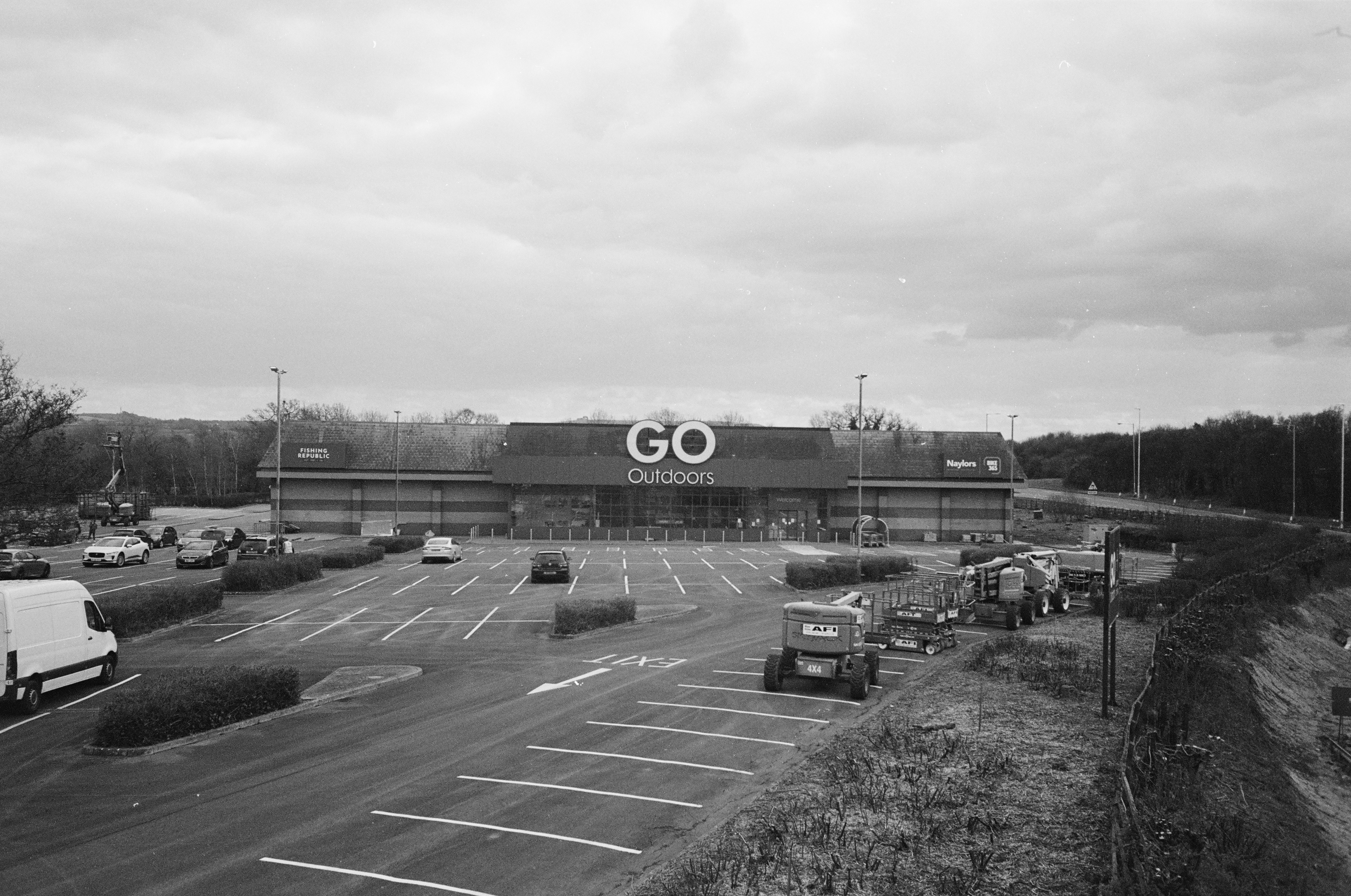The Domino Effect: Understanding Recent Restaurant Bankruptcies and Financial Challenges in the Industry
Explore the wave of bankruptcy filings in the restaurant industry, including Pizza Hut franchisee EYM Pizza L.P., and the broader financial challenges faced post-pandemic.

Photo by Oliver Needham on Unsplash

Photo by Oliver Needham on Unsplash
The Rise of Bankruptcies in the Restaurant Industry
The recent Chapter 11 bankruptcy filing by Pizza Hut franchisee EYM Pizza L.P. marks a larger trend within the restaurant sector. Companies in this industry, including prominent chains like Red Lobster, Rubio’s Coastal Grill, and others, have faced significant financial challenges in the wake of the COVID-19 pandemic. These challenges have been exacerbated by a combination of factors such as supply chain disruptions, increased labor costs, and inflation, all of which have put immense pressure on restaurant operators.

Photo by Oliver Needham on Unsplash
Pizza Hut's Legal Battle and Closure of Locations
Pizza Hut's legal dispute with EYM Pizza L.P. over unpaid royalties, which led to the bankruptcy filing, underscores the strains faced by franchisees. The closure of over 15 Pizza Hut locations in Ohio and Indiana adds to the complexity of the situation. The legal back-and-forth between Pizza Hut and EYM highlights the intricate relationships in the franchising world and the challenges that arise when financial obligations are not met.

Photo by Oliver Needham on Unsplash
Broader Impact on the Industry
The bankruptcy filings of various restaurant chains, including One Table Restaurants and Subway franchisees, signal a broader crisis in the sector. These actions shed light on how the ripple effects of financial struggles can permeate through an entire industry. With multiple entities seeking Chapter 11 protection, it raises concerns about the stability and viability of the restaurant business model post-pandemic.

Photo by Oliver Needham on Unsplash
Navigating Financial Restructuring Post-Pandemic
The wave of bankruptcies post-pandemic underscores the need for adaptive strategies within the restaurant industry. Operators must focus on restructuring finances, renegotiating debts, and enhancing operational efficiencies to weather the ongoing challenges. Learning from the experiences of companies like MOD Pizza, who found a buyer to avoid bankruptcy, showcases the importance of proactive financial management in turbulent times.
Consumer Behavior and Industry Resilience
The evolving consumer landscape, influenced by economic uncertainties, plays a crucial role in the industry's path to recovery. As consumers adjust their spending habits, restaurants must pivot to meet changing demands and preferences. This adaptability, coupled with strategic financial planning, will be key for restaurants to navigate the aftermath of the pandemic and emerge stronger in a competitive market.
